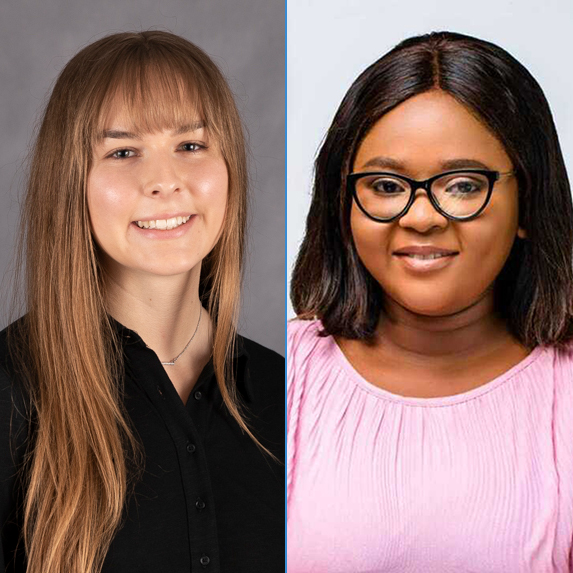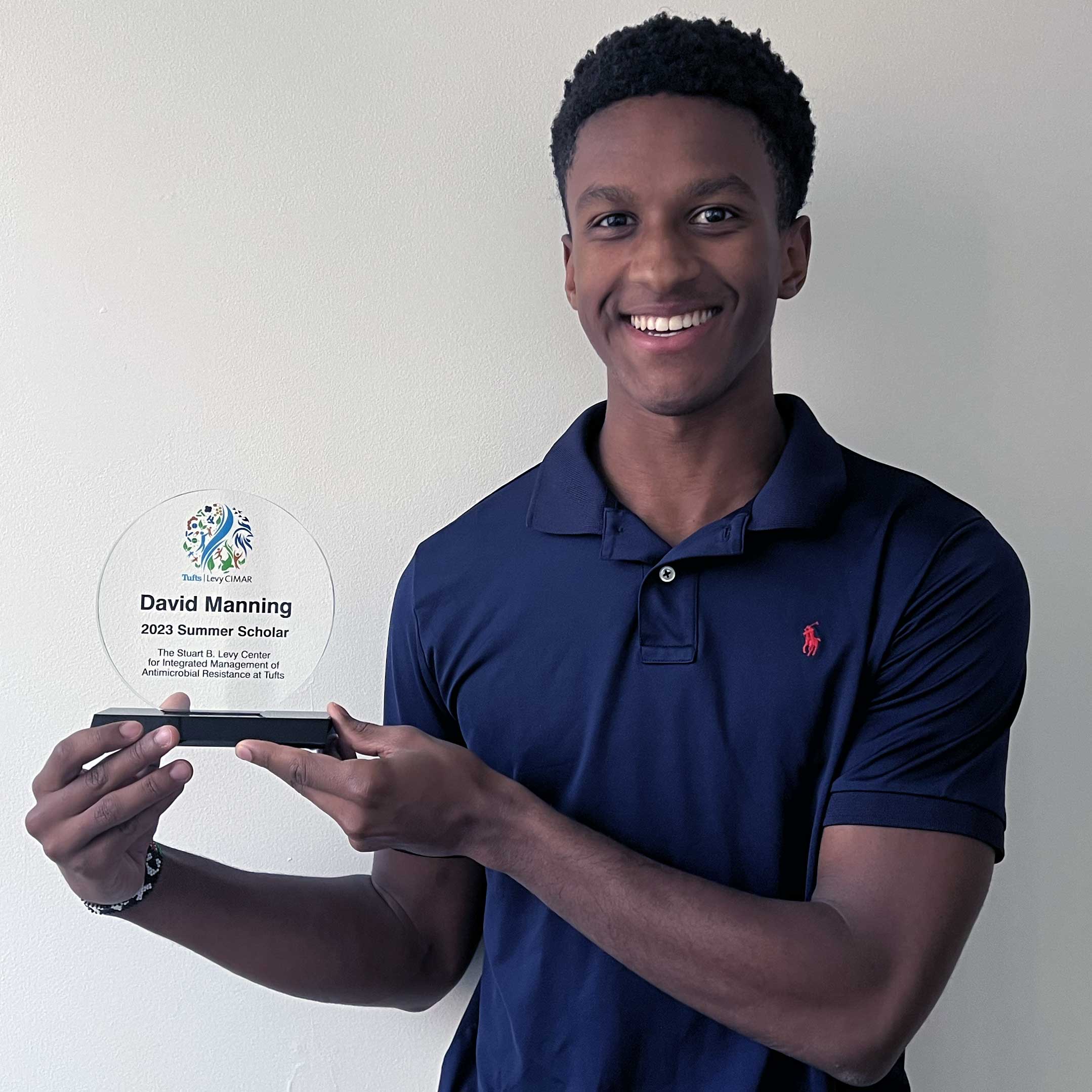Our Mission: Innovating to Protect Humanity from the Global Threat of Antimicrobial Resistance: Integrating Solutions Across Human and Veterinary Medicine, Stewardship, and Awareness
Our Values
The Levy CIMAR is committed to a culture of diversity, equity, and inclusion both within our organization and for all people who are impacted by our work. We strive for health equity for people from all backgrounds and identities, and we actively support societal and institutional structures that promote justice and equality. We are also committed to being a safe, respectful, and inclusive environment for our trainees, staff, faculty, affiliates, and partners. One Health acknowledges the interconnectedness of all humans, along with animals and our environments. Antimicrobial resistance impacts us all.














